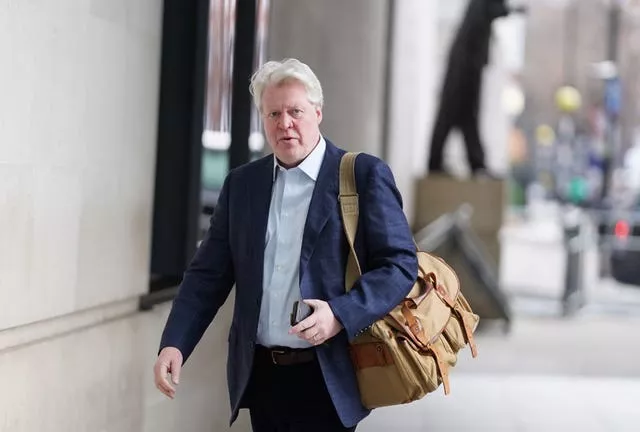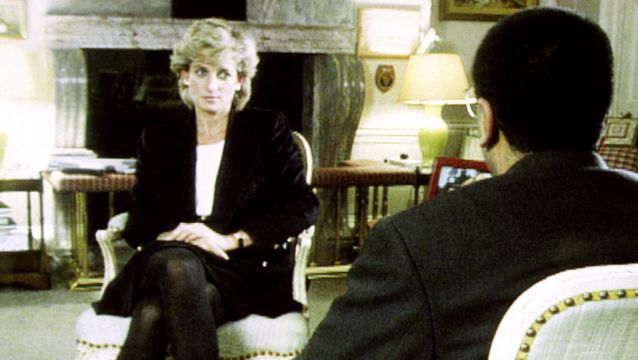A judge has ordered the BBC to release a large number of emails surrounding Martin Bashir’s controversial interview with Diana, Princess of Wales.
Judge Brian Kennedy said the corporation had been “inconsistent, erroneous and unreliable” in the way it dealt with the initial request to release material under Freedom of Information (FOI) law, the BBC reported.
The material related to how the broadcaster handled the scandal when it came to light in 2020.
The judge added the BBC’s response was a “cause for serious concern”.

The ruling comes following a tribunal over whether details should be released under FOI law, after the documents were requested by documentary maker Andrew Webb, who initially exposed Mr Bashir.
Mr Webb complained the broadcaster had failed to release more than 3,000 emails related to its handling of the scandal.
During closing speeches at the tribunal in September, Mr Webb described the BBC’s actions as a “cover up”.
The BBC apologised during the tribunal for “errors” in its handling of disclosure.
In a statement reported by BBC News following the judge’s ruling, the corporation accepted mistakes had been made but said it was considering the judgment and that it had apologised to Mr Webb and the tribunal.
Diana’s brother Earl Spencer criticised the BBC for trying to prevent the release of the emails, telling BBC Radio 4’s Broadcasting House on Sunday: “The problem here is one of the integrity of people at the BBC.”
He stressed he is a “huge supporter” of the BBC but added: “People at the BBC who are responsible for this have hidden behind expensive lawyers at a time when the BBC, this great national and international institution, is making cuts. And I think that’s obscene.
“Lord Dyson did a brilliant job dealing with the brief he was given, which was very much about the events of 1995 [and] a few years after that. This is a separate issue. This deals with what [journalist] Andy Webb refers to as the cover up of the cover up and that goes only back to the autumn of 2020.
“I was told when I approached the BBC management at that time (in autumn 2020) that there was no way we could talk to Martin Bashir, he was too ill to talk and he was written off by doctors as such.

“But we know, we haven’t been able to read yet, but we know there are 38 emails between Bashir and senior people at the BBC at this time. My suspicion is that they were cooking up a story to try and make him unavailable during a time of particular interest in Diana’s interview, which was the 25th anniversary.
“It’s about people who are still in power in the BBC who have taken decisions that I question, and the judge has certainly questioned. […] I think that’s the issue here.
“I believe the BBC should be guarded by responsible senior figures and not hidden behind to protect their careers.”
In 2021, an independent inquiry found the broadcaster covered up “deceitful behaviour” used by journalist Mr Bashir to secure his headline-making interview with Diana in 1995.
Mr Bashir was in “serious breach” of the BBC’s producer guidelines when he faked bank statements and showed them to Earl Spencer to gain access to the princess, a report by Lord Dyson said.
Diana famously told the BBC journalist in the interview: “There were three of us in this marriage so it was a bit crowded.”







